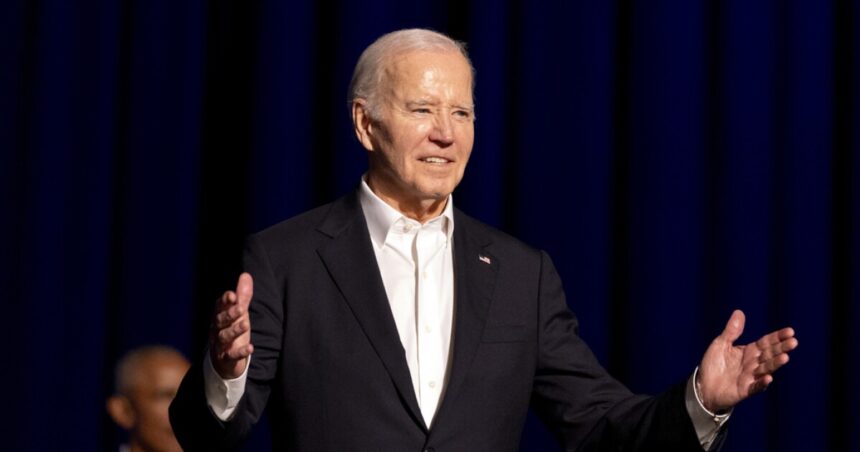The messaging from the White House right now is clear: President Biden will stay in the race. However, there is precedent for a president to withdraw, as seen when President Lyndon B. Johnson made the difficult decision amid the turmoil of the 1960s and the Vietnam War.
Scripps News interviewed Kevin Boyle, a professor of American history at Northwestern University, who has written about the similarities between the situations facing Presidents Johnson and Biden in a recent op-ed for The New York Times.
“The critical comparison is that Johnson withdrew from the race in March 1968 for various reasons – personal and political,” Boyle explained. “He believed he could solve the escalating crises and defuse a fundamental threat to the United States by stepping out of the race. Similarly, Biden is facing a deeper, more existential threat to the nation than even Johnson did. Stepping down for Biden would be an act of self-sacrifice for the greater good.”
Related story: Democratic governors underline their support for Biden amid post-debate anxiety
“Johnson faced challenges such as a worsening war in Vietnam, party divisions, and a financial crisis. These were significant issues, but Biden faces a threat to democracy itself with the potential reelection of Donald Trump,” Boyle added.





